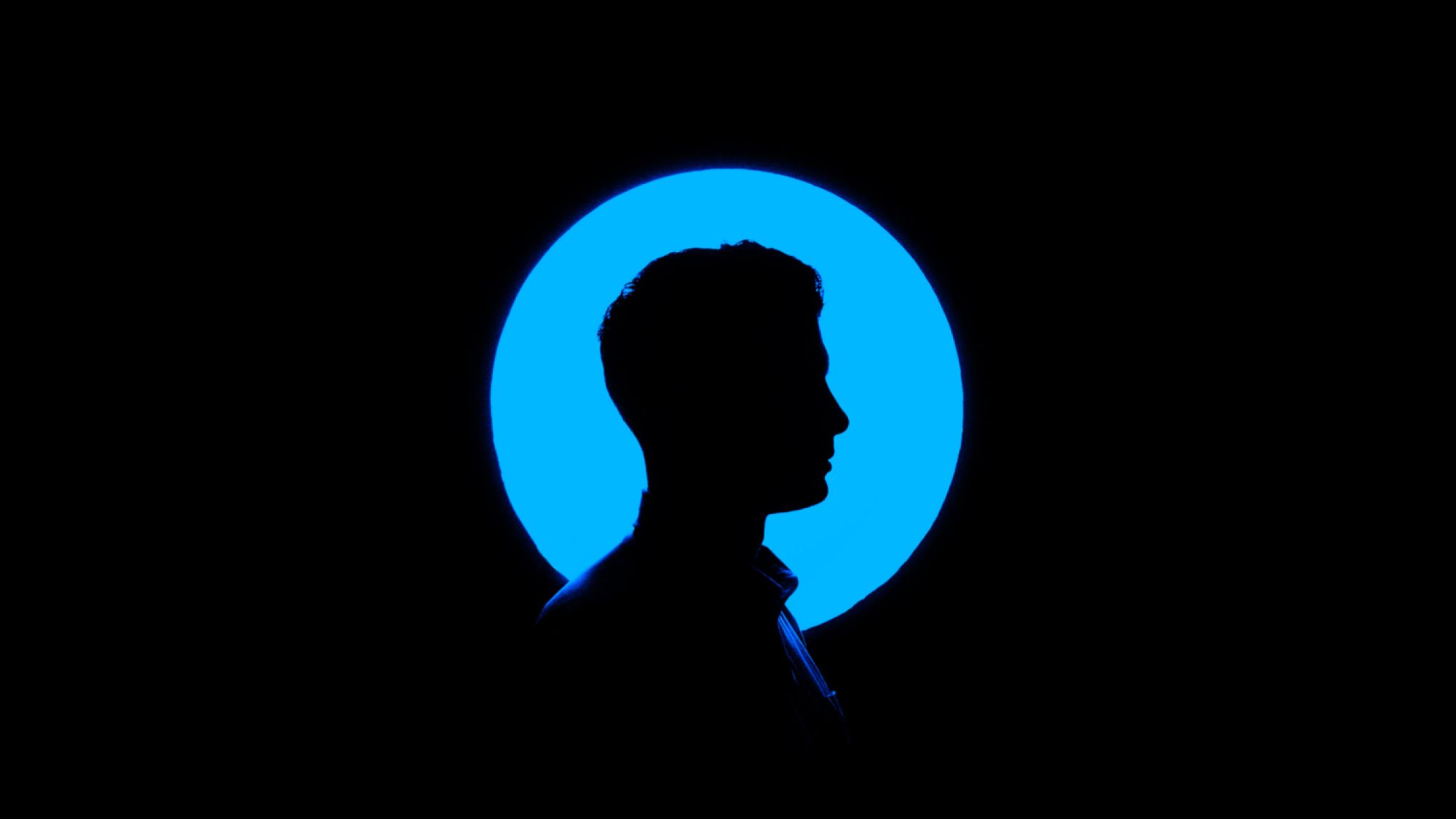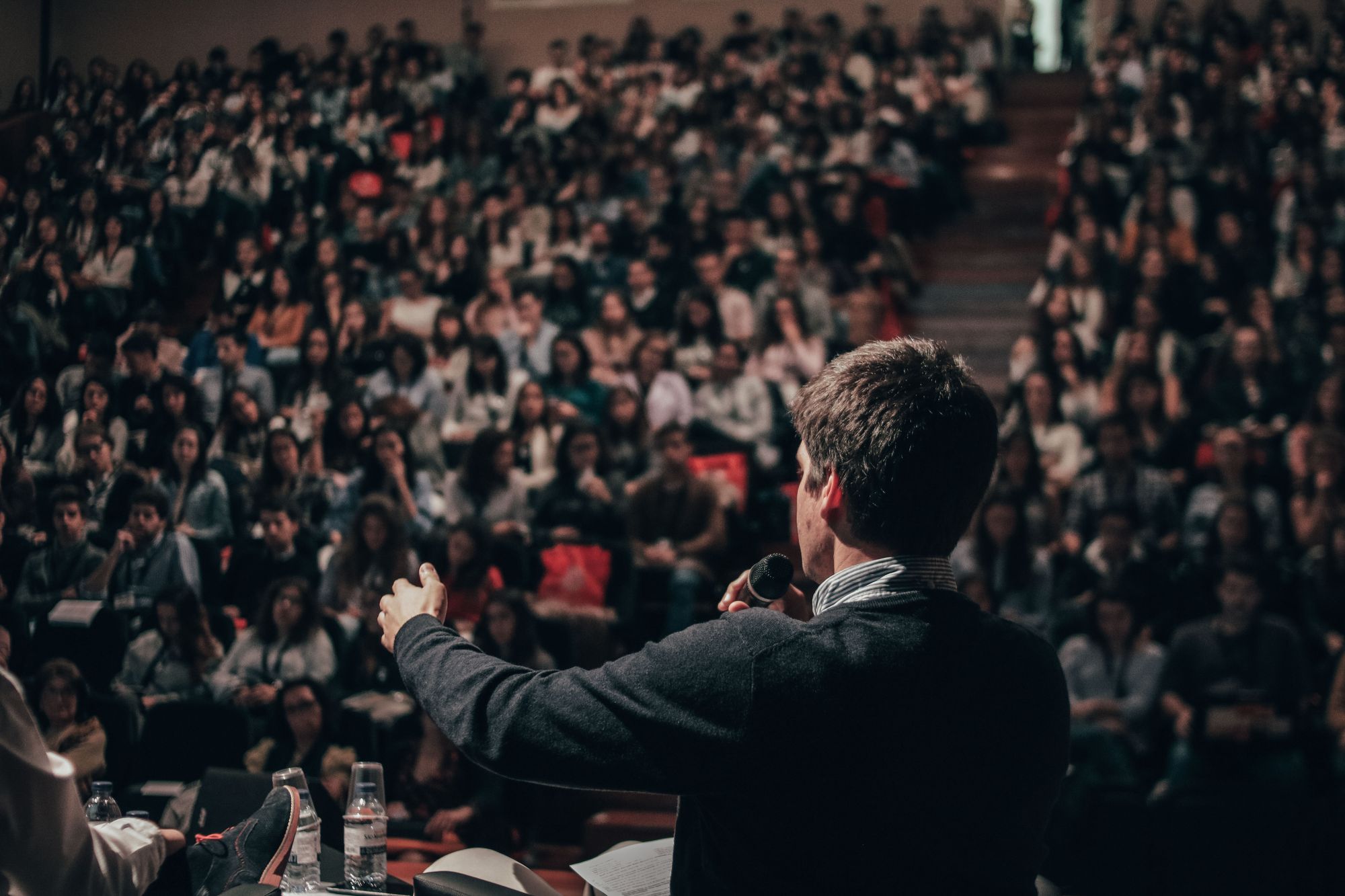A Note on Cognitive Bias

Have you ever wonder how many decision we make every day are non-bias, purely for the best of our interest?
I got the book The Art of Thinking Clearly by Rolf Dobelli while I was travelling to UK, and I immediately fall in love with it.
Dobelli talks about the cognitive biases that we have but unaware of in our daily lives. By understanding them, we can stop relying on our falsely mental shortcuts to make decisions, hence improve our decision-making process.
"Cognitive bias is a mistake in reasoning, evaluating, remembering, or other cognitive process, often occurring as a result of holding onto one's preferences and beliefs regardless of contrary information. " - Chegg Study
I chose the top 3 cognitive bias I came across so far, with the aim of helping you to make better decisions.
1. Survivorship Bias

Survivorship bias is the most underrated cognitive bias in my opinion because we have a tendency of taking in information from reputational individuals without evaluating correctly.
One example I reciprocate the most is the "advice from successful people", we hear them day in and day out, telling ourselves that we will be as successful as them by replicating what they did.
Which seems reasonable at first, even more so as we hear the same advice from other credible sources.
But it doesn't directly imply that it is a fool-proof way to success.
"Business success is 80% psychology and 20% mechanics" - Tony Robbins
“Don’t just follow the trend,” - Elon Musk
Before we think those are golden rules of starting the next big thing and how to live a good life. Be aware of survivorship bias.
By no mean they are not true, but we should also take their conclusiveness into consideration, just because they are said by reputational people, doesn't imply that they are correct in all cases.
Especially in the present time, media has no interest in companies who failed to start, only those who survived and thriving. Hence success story is more visible to us than failure.
This misguided us to overestimate our chance of success.
To overcome this, we should dig into the graveyard of failures, get opinions from people who didn't make it.
In my opinion, failure is more valuable than success very often.
Next time we come across "best advice of xxx", remember to see both sides of the tunnel before diving deep.
2. Social Proof

"If 50 million people are doing something foolish, it is still foolish." - W. Somerset Maugham
Remember the last time when you were walking on a street, saw there is a long queue in front of a restaurant.
Then all of a sudden, you decided to walk in and see what they got.
The same logic applies to other aspects as well, such as buying in cryptocurrencies because everyone is making a fortune from them (Needless to say, I fall victim to this as well back then).
Be careful of getting into the trap of social proof, because we often misunderstood the correlation between popularity and believability.
Just because one option is more popular, not necessarily means that it is the best option in hand.
We should adequately evaluate each option available to us in all aspects, without overly weighted its recognizability to other factors.
Advertisement industry is the master exploiter of this thinking pattern, we can see them everywhere, such as The most trusted brand, Best selling product, Unbeatable price, etc.
That being said, social proof would be useful during an unclear situation with a lack of trustworthy information, especially when people "like you and me" appear.
3. Sunk Cost Fallacy

The past should play no role in the decision you are making right now.
Think about the following situation, when Dobelli was trying to leave during a movie play.
Dobelli: 'Come on, let's go home.'
His wife: 'No way. We're not throwing away $30.'
Dobelli: 'That's no reason to stay.'
His wife: 'The money is already gone.'
Similar scenarios happened to us every day, from expansive software to never-ending projects.
How many times did we refuse to explore alternatives because we invested too much time or money already? Then it becomes a reason to carry on, even though it's apparently a lost cause.
This irrational behaviour is driven by our desire for consistency. After all, admitting a fault that we made in the past, or cancelling a heavily invested project halfway through is not the most appealing image we want to send.
Sunk cost fallacy is when we illogically take into account the unrecoverable cost into consideration as a factor of future decision.
To overcome this, keep in mind that only our assessments to the future costs and benefits count toward our final decision, not how much we invested already.
Personally, I have been very curious about how we make decisions since our lives are constructed based on the choices we made every day.
If we can optimize our decision-making process, we can be more effective at prioritizing our time and resources.
Lastly, I strongly encourage you to get the book from Amazon or Audible, if you are interested in how to think clearly. 😉

Hope we all learn something today. 🙌
